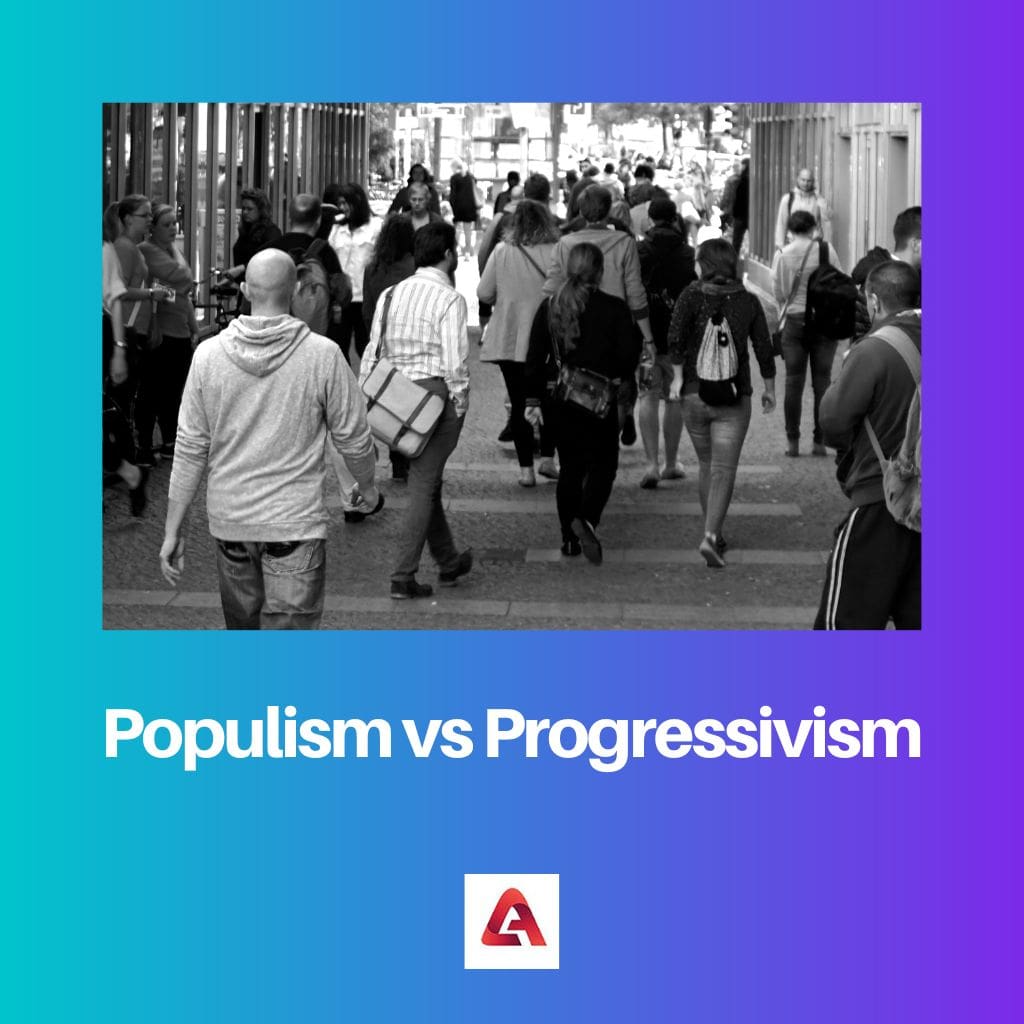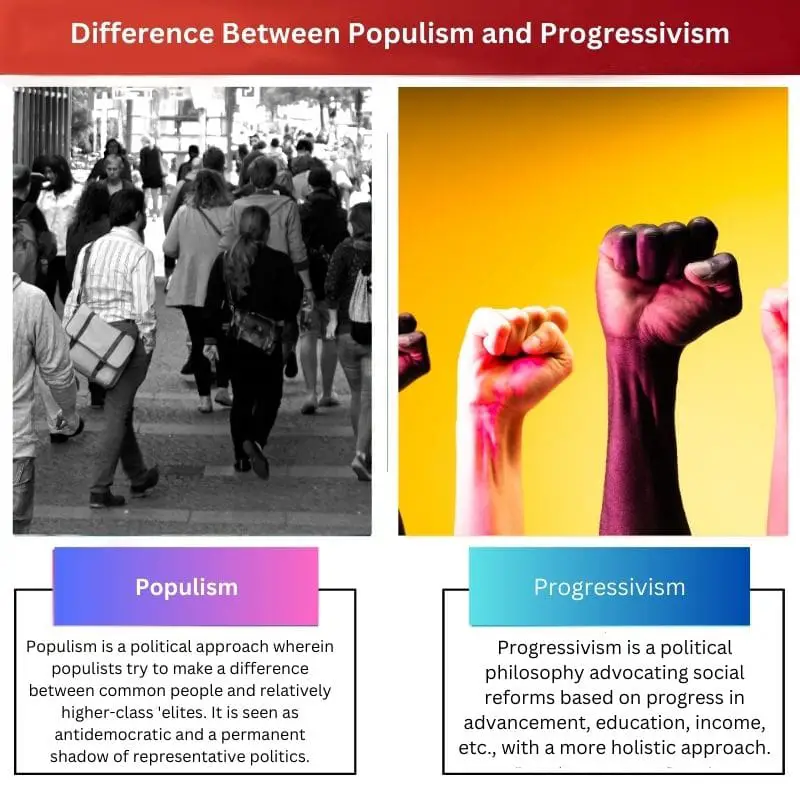Since a country is run by its people, it is important to understand the value of equality and democracy in the growing world.
A country is not run through just a written set of rules and regulations, but some issues can only be curbed through people’s representation.
Although the provision of equality is mentioned in bold in the constitution, few classes face discrimination.
There are different political approaches of the government and people regarding the welfare of society.
Sometimes few policies face retaliation due to injustice towards one section of society. The principles of democracy, equality, or equity are questioned by people who are probably facing injustice within the country.
Sometimes it is the situation’s demand, as one beneficial policy for an entrepreneur class might put farmers into misery. An equitable policy should benefit all sections rather than putting effort into the privileged class.
Key Takeaways
- Populism is a political ideology that emphasizes the interests and concerns of ordinary people, pitting them against an elite or established power structure.
- Progressivism is a political and social movement that seeks to reform society by advocating for change and improvements in social justice, environmental protection, and economic fairness.
- Both populism and progressivism are political ideologies, but populism focuses on championing the general population’s needs against the elite. In contrast, progressivism aims to address societal issues through reform and change.
Populism vs Progressivism
Populism was a political movement that emerged in the late 19th century as a response to the perceived domination of American politics by big business interests. Progressivism was a political movement that emerged in the early 20th century as a response to the social and economic problems caused by rapid industrialization.

Comparison Table
| Parameters of comparison | Populism | Progressivism |
|---|---|---|
| Effect on Democracy | Violates democracy | Advocates democracy |
| Principles | Divides society | Unites society |
| Existence | Always prevailed in society | Emerged as need |
| Nature of approach | Biased approach | Unanimous approach |
| Impacts on society | Brings conflict | It brings peace and prosperity |
What is Populism?
Populism is a political approach wherein populists try to make a difference between common people and relatively higher-class ‘elites. It is seen as antidemocratic and a permanent shadow of representative politics.
It divides society wherein ‘us’ is the elite class and ‘them’ is the common people. The reason behind this ideology is the political approach is made by and for the elite social class.
The domain of populism is not only in the hands of right and left groups but also in the hands of people or any group who faces problems with powerful segments.
It does not give a holistic approach towards the development of society; it works within the borders of the biased society aiming for the welfare of society.
Populism aims for a developed society, but the people of the upper sections are unwilling to eliminate the difference within society, predominantly prevailing based on the wealth of people, which creates social problems.
Populism is conflicting due to its biased approach, and certainly, it is not new to society; it has prevailed since the establishment of human society, making society biased and corrupt.
The term ‘Populism’ gained popularity when the American populist movement started in the 1890s. Although it always prevailed in society, the term became popular with the American movement, a farmer movement fighting for income inequality.

What is Progressivism?
Progressivism is a political philosophy advocating social reforms based on progress in advancement, education, income, etc., with a more holistic approach.
Progressivism aims to welfare programs that serve to raise the minimum quality of life across all sections of society. It makes people work together beyond the bars of the unequal status of wealth, caste, class, religion, etc.
There are no or fewer chances of conflicts; most probably, the only challenge progressivism faces are corruption, wherein people are willing and doing work together to make a better society, but some elements would try to fill their pockets in the first place.
Progressivism desires to give all ordinary people social and political representation and seeks to establish equity across the classes.
Progressivism can be synonymous with accepting reforms. It always welcomes reforms in political and social amendments to improve the human condition in modern society.
The origin of progressivism can be seen during the period of enlightenment in the 18th century in the western world with the commencement of the industrial revolution.

Main Differences Between Populism and Progressivism
- Populism is a biased political approach toward the growth of society, whereas progressivism is a unanimous approach to the growth of society.
- Populism divides society into ‘us’ and ‘them.’ On the contrary, progressivism unites the divided society.





